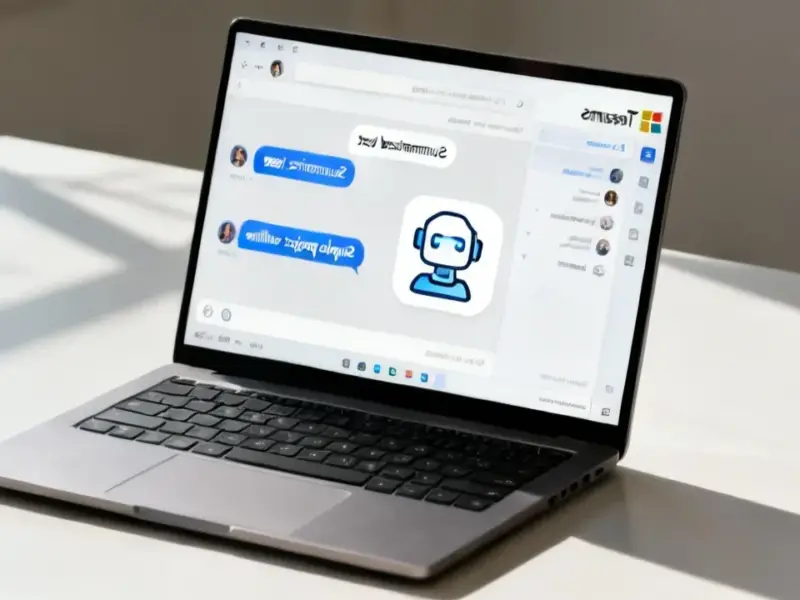According to VentureBeat, 98% of market researchers now use AI tools, with 72% deploying them daily or more frequently in a stunningly rapid adoption curve. The August 2025 survey of 219 U.S. professionals by QuestDIY found that while 56% save at least five hours weekly using AI, nearly 4 in 10 report increased reliance on error-prone technology. Some 37% say AI introduces new data quality risks, and 31% admit it creates more work validating outputs. Despite 89% saying AI improved their work lives, accuracy remains the biggest frustration, creating what amounts to a grand bargain between productivity gains and constant vigilance.
The Productivity Paradox
Here’s the thing about AI in market research: it’s simultaneously saving time and creating new work. Researchers are basically caught in this weird loop where they gain five hours weekly only to spend those same hours double-checking AI’s homework. One researcher perfectly captured the tension: “The faster we move with AI, the more we need to check if we’re moving in the right direction.”
And that’s the fundamental problem with current AI systems. They produce outputs that look authoritative but contain what researchers call “hallucinations” – basically made-up information presented as fact. In a profession where credibility is everything, and where wrong data can lead to million-dollar mistakes, you can’t just take AI’s word for it. Gary Topiol from QuestDIY nailed it when he described researchers viewing AI as a “junior analyst” – capable but needing constant supervision.
<h2 id="the-trust-gap”>The Trust Gap
What’s really striking here is that we’re seeing massive adoption without corresponding trust building. Normally, as people use technology more, they become more comfortable with it. But with AI? Researchers are using it daily while maintaining serious skepticism. Nearly 40% are literally working with tools they know make errors regularly.
Think about that for a second. Would you trust a colleague who you knew got things wrong 40% of the time? Probably not. But that’s exactly the dynamic playing out across the research industry. The emerging workflow treats AI outputs as drafts requiring senior review rather than finished products.
The Data Privacy Problem
When researchers were asked what would limit AI use, data privacy and security concerns topped the list at 33%. And this isn’t some abstract worry – researchers handle sensitive customer data, proprietary business information, and personally identifiable information subject to regulations like GDPR and CCPA.
Sharing that data with cloud-based AI systems raises legitimate questions about who controls the information and whether it might be used to train models accessible to competitors. Some clients have responded by including no-AI clauses in contracts, forcing researchers into ethical gray areas. The transparency issue is particularly thorny – when AI produces an analysis, researchers often can’t trace how it reached its conclusion, which conflicts with the scientific method’s emphasis on replicability.
What This Means For Other Professions
The market research industry’s experience with AI is basically a preview of what’s coming for other knowledge workers. The pattern is clear: rapid adoption, real productivity gains, but persistent trust issues and new validation burdens. The skills required are shifting from technical execution to what the report calls “inquisitive insight advocacy” – asking the right questions, validating AI outputs, and framing insights for business impact.
Erica Parker from The Harris Poll emphasized that “human judgment will remain vital” in what she describes as a “teamwork dynamic” between researchers and AI. But here’s the real question: if this is happening in market research, an industry built on data accuracy, what does it mean for professions with less rigorous standards? Basically, we’re all going to need to become professional fact-checkers for our AI assistants.





Your article helped me a lot, is there any more related content? Thanks!